So Romanians could enjoy Pepsi ever since the communism era.
A similar agreement was reached by the US company with Russia in 1972: the Soviet government would trade vodka and sea ships for Pepsi, says Aviad Meitar. His book An Unimaginable Journey – How Pepsi Beat the Odds in Romania offers an inside look at how the company overcame the economic challenges under communism and recession.
Aviad Meitar (photo) has been the chairman of Quadrant Amroq Bottling Company Limited (QABCL), the company that exclusively held PepsiCo license in Romania and Moldova, until the sale to PepsiAmericas, world’s second largest PepsiCo bottler, in July 2006. Before the establishment of QABCL, Meitar was responsible for other investments of the fund.
Meitar, a graduate of School of Law in Tel Aviv, is the chairman of Pepsi franchise in Bulgaria. A faithful copy of the sweet victory of Pepsi in Romania. But Meitar says that is not possible.
Wall-Street: What was your first impression on the Romanian business environment in the early 90’s?
Aviad Meitar: The main problem was the absence of business areas we, as an American company, were used to. It was amazing to see how Romanian companies were so focused on production, without awareness of sales, marketing or distribution. You had to explain to certain managers the difference between 10% of profit and 10% of sales. Those managers had no financial know-how, they were strictly focused on production.
Wall-Street: How much did Romanians know about Pepsi brand?
Aviad Meitar: We didn’t carry out a survey among consumers, because there wasn’t any market research company back then. And I said to myself: “Pepsi is a brand known by half of the world’s population. I see no reason why it wouldn’t be successful here.” The only mistake I have made during the communist era was to believe that just because Pepsi was already on the market during the communist regime, we had a head start, while Coca-Cola was a new player and needed to educate its consumers. Big mistake. Why? Because people knew about Pepsi but associated the brand with the old regime. Pepsi was sold in limited quantities, especially to those close to the management.
We were history now. For a long time we had to use the old packaging, those hideous bottles, while Coca-Cola was embarking on a fresh start – new bottles, new packaging, monster, red, shiny trucks, new bottling units: “Coca-Cola is the future, Pepsi is history” Romanians would say. So what we had to do now, was educate consumers and accustom them to the new image of Pepsi, equally rated in the US and Western Europe. It was a battle to reintroduce a brand and change the way people feel about it.
Wall-Street: Is this the main reason Coca-Cola took over the market leadership after one year since the launch? Both Pepsi and Coca-Cola entered the Romanian market in 1992.
Aviad Meitar: It is true that both companies entered Romanian market in 1992 and began full-scale distribution in 1992. Coca-Cola became a market leader in less than one year. However, even though Coca-Cola made huge investments over the years, Pepsi held the first spot for 3 years. I knew we couldn’t gain national coverage with limited financial resources, compared to our peers. Coca-Cola brought three bottlers – a Greek one that covered the western area, a Turkish one responsible for the eastern area, and Coca-Cola itself was in charge of the operations in the central area. We had one company for the entire country. We focused on Bucharest first.
But the difference between consumers’ brand attitude was just part of the problem. The big problem was the gap between our investments and Coca-Cola’s. It was impossible to keep up, let alone to catch up. But in fact, we didn’t even want to. I’ve always told my team that they don’t have to be No1 in a market; they can be the No2 or No3. What matters is to exploit your brands the best way possible, stand out from the crowd, bring something new, grow stronger, and produce profit. Who cares you’re No 1? Ok, it feels good, gratifying to be No1, but I’ve seen leading companies losing money. I don’t want to be No1 and lose money, I’d rather come second, or third and produce money, have a profitable company. And then make a good exit.
Wall-Street: How were the early 90’s “cola wars”?
Aviad Meitar: In the early “war days”, there was an interesting situation. The market was skyrocketing by as much as 100% in four years. The competition wasn’t very tight. There was no price competition back then. The consumer wasn’t looking for cheap products, but premium products. Romania was so pro west or pro USA that even under low living standards, the consumer was thinking in terms of “I would love to be able to buy a Cadillac, but I can’t afford it, but I can be part of the western world by buying a Pepsi”. Towards the end of the 90’s, the competition moved to price frontier, and over the last decade, the industry’s growth lost steam, the market was increasing by only 10%. In 2000-2006, we outran our peers, and outperformed the market and our main rival with new marketing ideas, new products, and innovation. And that’s real competition.
Citeste si:
Calculator Salariu: Află câți bani primești în mână în funcție de salariul brut »
Te-ar putea interesa și:















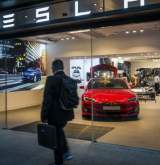
















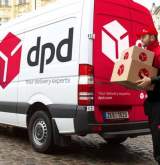









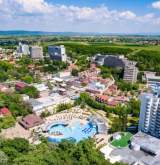





















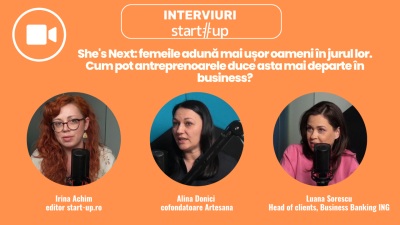
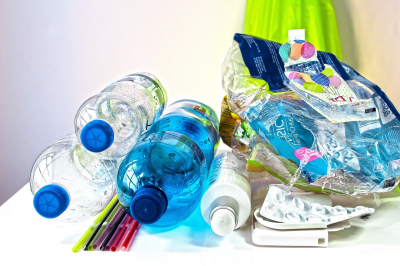
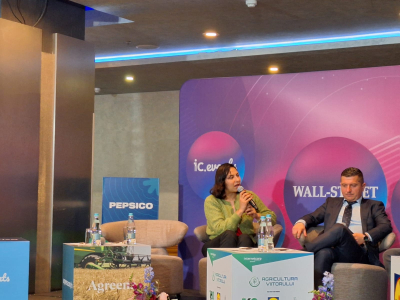
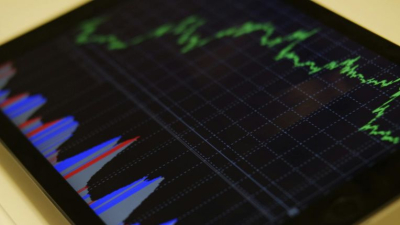




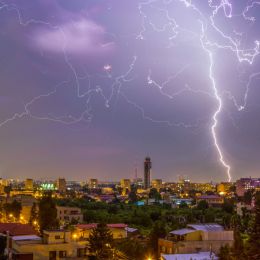
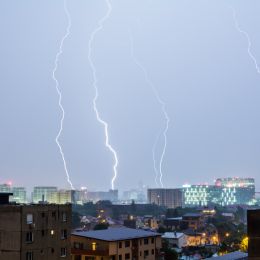
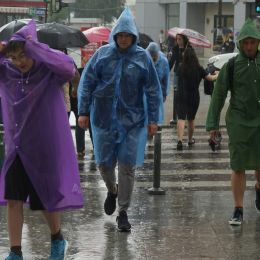






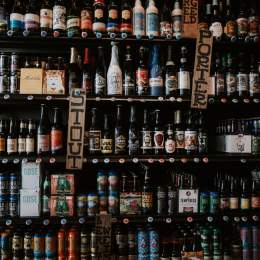
![HR [PLAY] Tech Workout - 11...](https://www.wall-street.ro/image_thumbs/thumbs/973/973fe0a3888d417feff63de42e814180-260x260-00-65.jpg?v=1713920938)









